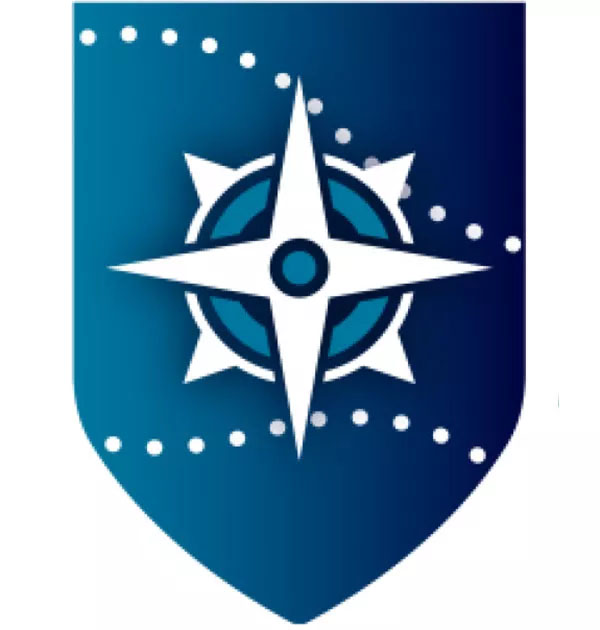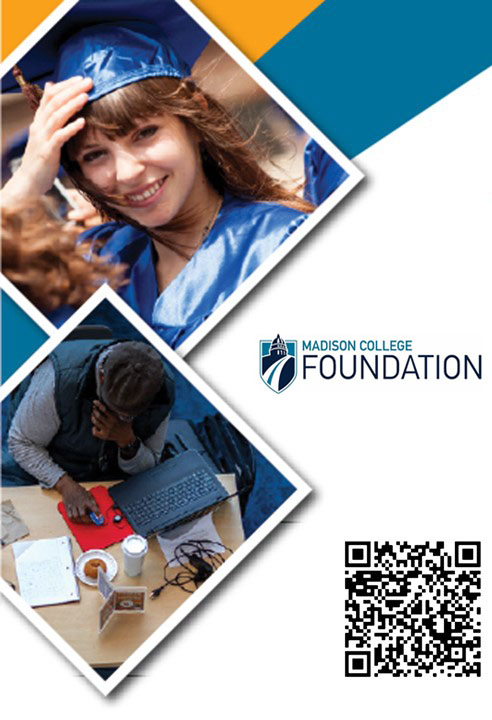Peer tutoring services to be available for criminial justice students
September 27, 2017
Students of the Criminal Justice program are getting peer tutoring help for the classes Introduction to Corrections and Introduction to Criminal Justice, a class where some students were struggling. The addition of peer tutoring in the Human Protective Services building will help students get immediate help if they find themselves a little overwhelmed.
Getting help for the students of the Criminal Justice program came from an idea a group made of the department chair of criminal justice Sandy Blumer, the dean of Human Protective Services Shawna Carter and Student Senate member Jesus Noriega-Garza among others had when they started talking about a plan to help the students of the two introduction classes. The focus was on getting help directly in the Human Protective Services building as some of the students didn’t feel that connected. Noriega-Garza said of the students at the Human Protective Services building, “They were kind of feeling like they were left out.”
Madison College has a unique student body, the age range of students can vary from teenagers just out of high school starting college, to adults in their 30s and up returning to school. Finding time to get help for students can be difficult, with jobs and families to take care, having peer tutors in the same building that criminal justice students take classes will make life just a little bit easier. That little bit can mean the difference from losing confidence and dropping out or sticking with it and finishing school.
Approval for the peer tutoring was made in August and is a good first step to help to the students in the Human Protective Services building. The tutors will be students that passed the Introduction to Corrections and Introduction to Criminal Justice with A or AB grades and are getting official tutoring training from the Student Achievement Center. Once the training is done peer tutors will be available in the Human Protective Services building. Starting with drop in sessions, but if need the tutors will move to scheduled appointments.
The date and space of where the peer tutoring will happen has yet to be determined. Training for the tutors probably finished around Sept. 22, with tutoring beginning soon after. Once tutoring is up and running, Noriega-Garza says it will also serve as a social space that will hopefully connect students of the Criminal Justice Program.
“Not only will you be able to receive academic help but you will be able to receive more of a connectedness to your college and to the people that are in it,” he said.
The Human Protective Services building is trying to build more of a community feel for its Criminal Justice students. Having a place to socialize in the building that you take classes can help keep students engaged. Moving forward, the Human Protective Services building is hoping to build a community for its Criminal Justice students to be, and peer tutoring is a good start.
Peer tutoring in the Human Protective Services building also creates an awareness for student who may not have been entirely aware of all the resources available at Madison College. The Student Achievement Center, Student Life and Trio are available for students as a resource.
“When you pay your tuition, you’re not just paying so you can go to class and leave, you’re paying for every resource here,” said Blumer.
Making use of just one of the resources here is a good idea for any student whether you’re feeling overwhelmed or not.






























